It's Poetry, Do Not Be Alarmed
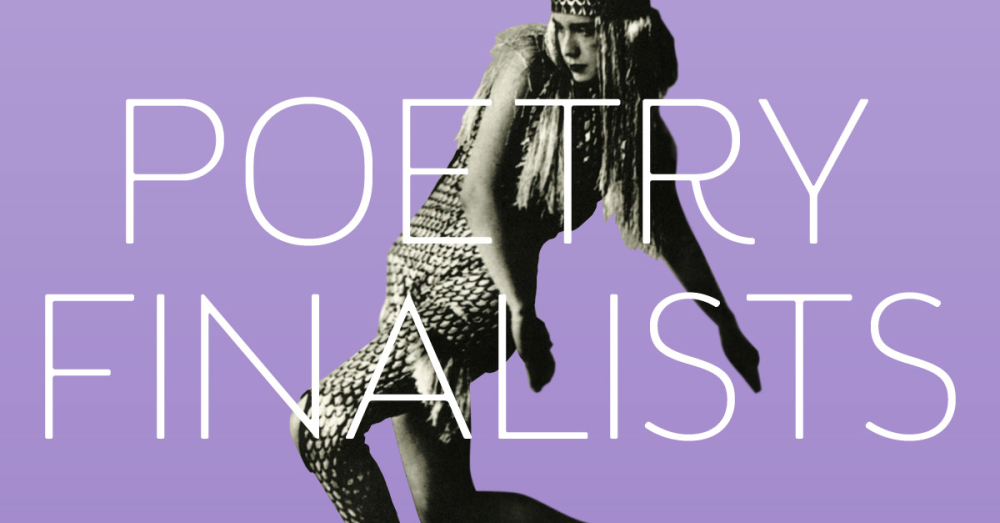
Poetry is vastly underappreciated. Yet, a good poem can change your life just as much as a good book. But nobody seems to want to talk about poetry very much. Luckily, April was dubbed National Poetry Month, which makes it the perfect time to convert friends, family, and colleagues to the religion of poetry. To get you started, we’re highlighting, in no particular order, our INDIEFAB Poetry Finalists for 2014. What better way to convert than a selection of the year’s best poetry?
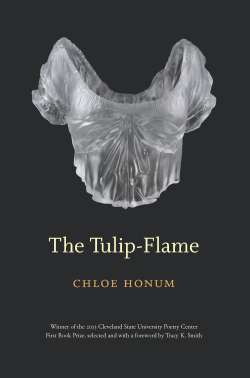
The Tulip-Flame by Chloe Honum (Cleveland State University Poetry Center)
A master of form, Honum places her words so fluidly, her images and ideas seemingly mainline into consciousness—instant realization.
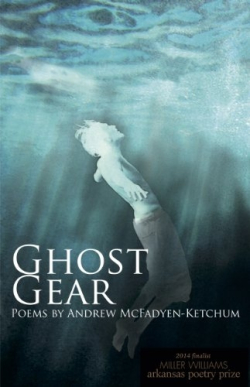
Ghost Gear by Andrew McFadyen-Ketchum (The University of Arkansas Press)
In Ghost Gear, the “citied south” joins tales of the father, a longer ago childhood bleeding into a more current one to create a mythology all its own.
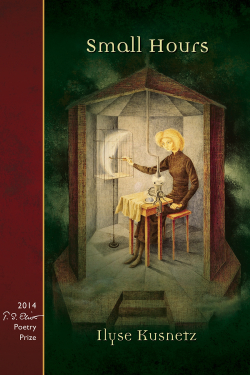
Small Hours by Ilyse Kusnetz (Truman State University Press)
By turns poignant and hopeful, raging and joyful, this book interweaves the personal and political, connecting family history to moments within a larger historical arc of injustice and oppression, and bearing witness to those whose stories have fallen into the fractures of history and been lost.
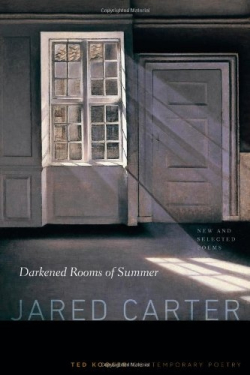
Darkened Rooms of Summer: New and Selected Poems by Jared Carter (University of Nebraska Press)
Here is the summer-long buzz of the cicada and the crack of the cue ball, the young rebel on his big Harley, and the YMCA secretary who backstrokes her way across the indoor pool. Here, too, are thirty new poems that illustrate Carter’s continued quest for a poetry of “universal interest.”
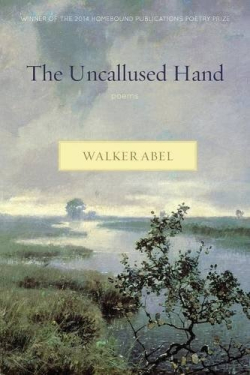
The Uncallused Hand by Walker Abel (Homebound Publications)
This is poetry kindled by weeks in wilderness. Its muse is nature, which encompasses both the wild beauty of earth and the mystery of self and its sometimes erotic, sometimes mystical, relationship with the other.
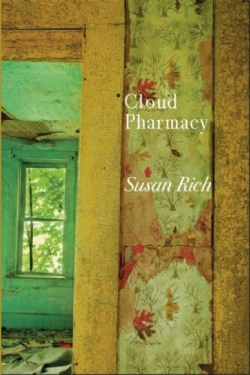
Cloud Pharmacy by Susan Rich (White Pine Press)
The poems in Susan Rich’s fourth collection look skyward, investigating what it means to fully embrace a life where time is on the run.
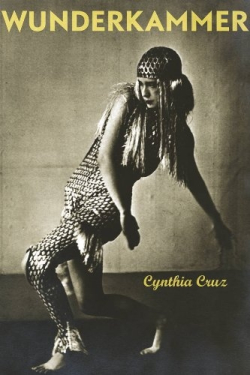
Wunderkammer by Cynthia Cruz (Four Way Books)
Cruz archives the ruinous, the sparkling, the traumatic, and the decadent. These poems, through sensuous impressions, mimic what it’s like to wake from a dream only to realize you are still inside the dream.
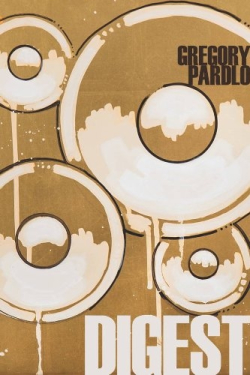
Digest by Gregory Pardlo (Four Way Books)
From Epicurus to Sam Cook, the Daily News to Roots, Digest draws from the present and the past to form an intellectual American identity.
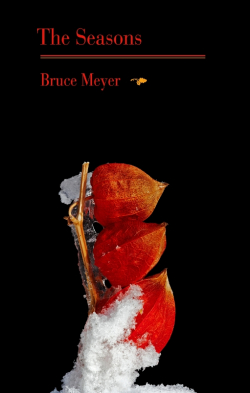
The Seasons by Bruce Meyer (The Porcupine’s Quill)
The Seasons, with careful descriptions of natural details, ably reminds us that enchantment can be found in ordinary hours.
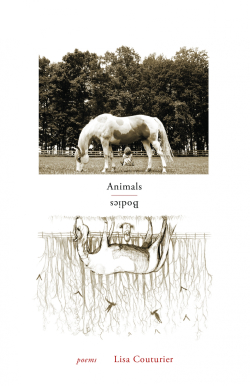
Animals / Bodies: Poems by Lisa Couturier (Finishing Line Press)
These poems are alive with the feeling of shared skins and bodies, with common struggles and experience. Couturier draws no lines between human and nonhuman fragility or vulnerability.
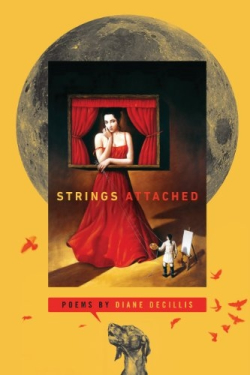
Strings Attached by Diane DeCillis (Wayne State University Press)
This powerful, funny, and sometimes self-deprecating collection considers all the ways that strings bind us in relationships and explores their constant tightening and loosening.
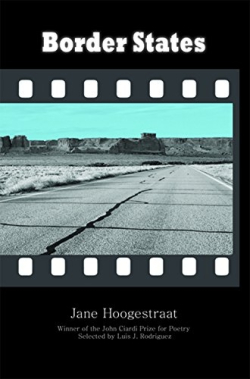
Border States by Jane Hoogestraat (BkMk Press)
The poems of Border States reflect on varied American themes of diversity, often investigating cultural difference influenced by geographical location. Hoogestraat’s meditations on rural life offer crisp and gentle portraits of Americana.
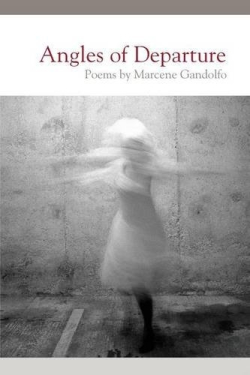
Angles of Departure by Marcene Gandolfo (Cherry Grove Collections / WordTech Communications)
Gandolfo’s poems find many angles on, and many departures from, loss into presence, memory, and experience into a shapely art.
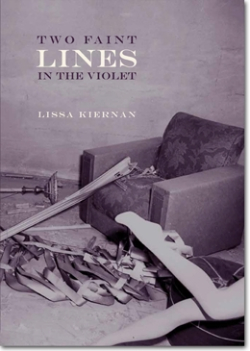
Two Faint Lines in the Violet by Lissa Kiernan (Negative Capability Press)
Fueled by her investigation into Yankee Rowe Nuclear Power Plant—the first commercial nuclear unit shut down due to embrittlement concerns—and the etiology of her father’s brain tumor, Kiernan mines a place where personal and industrial meltdowns converge and converse.
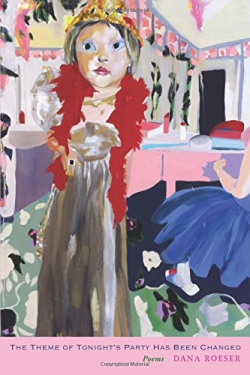
The Theme of Tonight’s Party Has Been Changed by Dana Roeser (University of Massachusetts Press)
Sui generis, Dana Roeser’s poems are spoken by a stand-up comic having a bad night at the local club. The book is infused with the energy of misfortune, accident, coincidence, luck, grace, panic, hilarity. The characters and narrator, in extremis, speak their truths urgently.
Allyce Amidon
